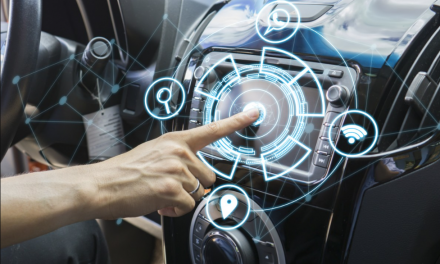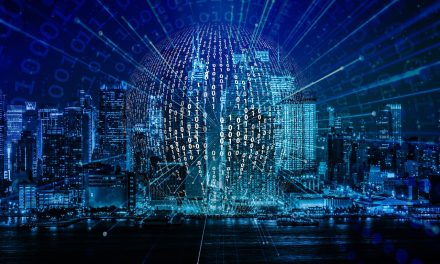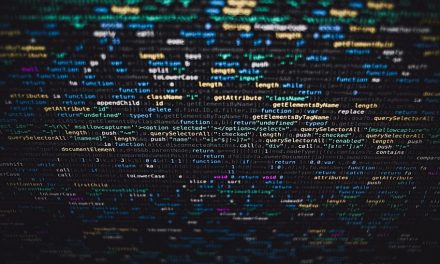In the realm of burgeoning digital technologies, blockchain and artificial intelligence (AI) stand at the forefront, captivating public interest while also eliciting grave apprehensions. This raises a pivotal query: Is it feasible to amalgamate AI and blockchain to benefit mankind?
Pondering this, one recalls Vitalik Buterin’s 2016 musings on the parallel quests of the crypto economics and AI safety communities to regulate intricate, smart systems with unpredictable, emergent traits. These endeavors hinge on the operation of essentially rigid systems whose properties, once established, remain immutable. For instance, a smart contract, once set in motion, is unalterable. Buterin advocated for enhanced dialogue between these two spheres.
Recent advancements, particularly the advent of ChatGPT and similar generative AI tools, have heightened fears of AI eluding human control, with dystopian scenarios like autonomous weaponry systems becoming ungovernable. This has fueled interest in the idea that blockchain and smart contracts could act as constraints, reining in AI models from straying.
Allison Duettmann, President of the Foresight Institute, emphasized at SmartCon 2023 the crucial role of the crypto community in steering artificial general intelligence (AGI) towards positive outcomes. This is especially pertinent given predictions of AGI achieving parity with human intelligence sooner than anticipated.
A survey by Casper Labs reveals a significant perception among IT leaders: nearly half recognize the potential revolutionary impact of integrating AI and blockchain, enhancing data security, transparency, and efficiency.
This synergy is envisioned as blockchain’s immutable ledgers and smart contracts providing a framework for responsible AI usage. Some even propose blockchain as a fail-safe against rogue AI models. A substantial majority of IT leaders view these technologies as complementary, with over half employing blockchain to optimize AI efficiency.
Meanwhile, a recent executive order by U.S. President Joe Biden establishes new AI safety standards, reflecting growing concerns about AI governance in enterprise IT circles.
However, challenges persist, notably in blockchain scalability and efficiency. Despite recent advancements, processing high-volume transactions in decentralized blockchains remains daunting.
Ben Garfinkel, in a 2021 paper, noted the limitations of established blockchains like Ethereum in handling complex applications. If smart contracts can be made reliably verifiable, they could serve as effective tools for international AI governance agreements.
Casper Labs remains optimistic, envisioning blockchain as a solution to AI’s opacity issue. However, addressing blockchain scalability involves a hybrid approach, combining private and public blockchains for different functions.
Despite blockchain’s potential in managing AI’s unpredictability, skepticism exists. Samir Rawashdeh, from the University of Michigan, Dearborn, cautions against viewing blockchain’s transparency as a straightforward solution to AI’s complexity.
Looking forward, the integration of blockchain and AI raises intriguing possibilities, particularly in China, where there’s a more favorable view compared to the West.
In conclusion, this fusion of AI and blockchain may not only represent a significant advancement in technological governance but could also emerge as blockchain’s defining application.





